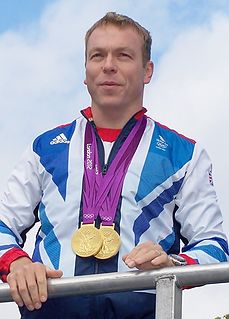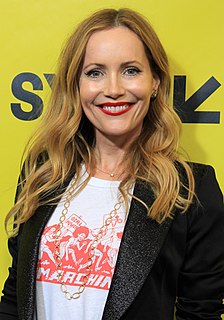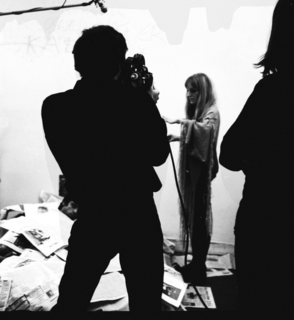A Quote by Wangechi Mutu
I think there is something about countries and nations that is hard to define. And, in fact, that's probably why we create such massive boundaries - because it's so slippery where they begin and where they end.
Related Quotes
Why do you never find anything written about that idiosyncratic thought you advert to, about your fascination with something no one else understands? Because it is up to you. There is something you find interesting, for a reason hard to explain. It is hard to explain because you have never read it on any page; there you begin. You were made and set here to give voice to this, your own astonishment.
It was about a football program that brought in massive amounts of money. They're going to try to cover something up, because it's about money at the end of the day. That's clear. There's no ambiguity to that. Paterno is much more complicated and contradictory, and that's why he's interesting to me.
Why do you people want to continue to import people that are going to end up placing a burden on our population? Why? If we're going to have an immigration policy, why don't we seek the best? Why do you people purposely want to go out and bring people in who are gonna end up being a burden? Now, you can define that as not learning English, not being able to have a job, being on the social safety welfare net, however you want to define it. But that's what Donald Trump means, because that's precisely what the Democrats want to do.
Everyone in the top of their fields is pouring everything they have into this, which is why it was such a massive undertaking and why filming was extended. It's not because things are going badly. It's because they're so massive and it's so complicated and we want to get it right. We're not just phoning it in. We're taking our time with it because it's really important.
The Paris Agreement is, in fact, a historic one because it marks the culmination of a phase of very long, drawn-out negotiations involving more than 190 countries. Why is it historic? Because it shows the way for our societies to change from the ground up, to create an economy that only depends on fossil fuels to a very slight degree.
Comedy is hard to do, and I don't know why it doesn't have its own category in awards. I don't understand why people think it's harder to do drama than it is to do comedy. It doesn't get respect. It's hard. It's really hard. It would be more gratifying to get something for a comedy, because it doesn't happen much or at all.
The basics teachings of Buddha are about understanding what we are, who we are, why we are. When we begin to realize what we are, who we are, why we are, then we begin to realize what we are not, who we are not, why we are not. We begin to realize that we don't have basic, substantial, solid, fundamental ground that we can exert anymore. We begin to realize that our ideas of security and our concept of freedom have been purely phantom experiences.
If you read Herodotus, the first Greek historian 2,500 years ago, he was talking about that - about people mixing with other people. Sometimes it produces great societies. Sometimes it triggers war. But, we're not going to change that. I don't think so. We're living in nations that are state nations and countries.








































